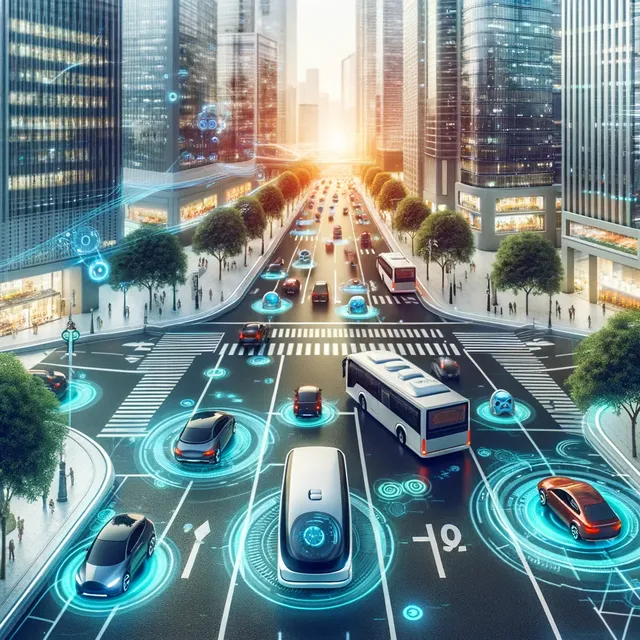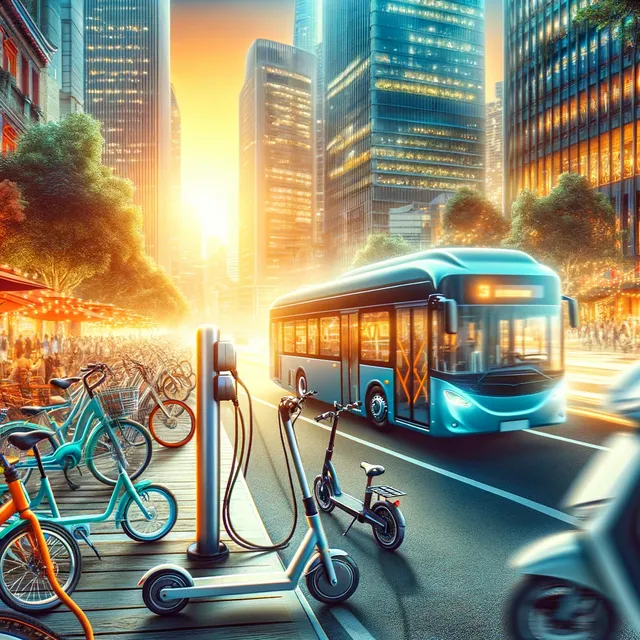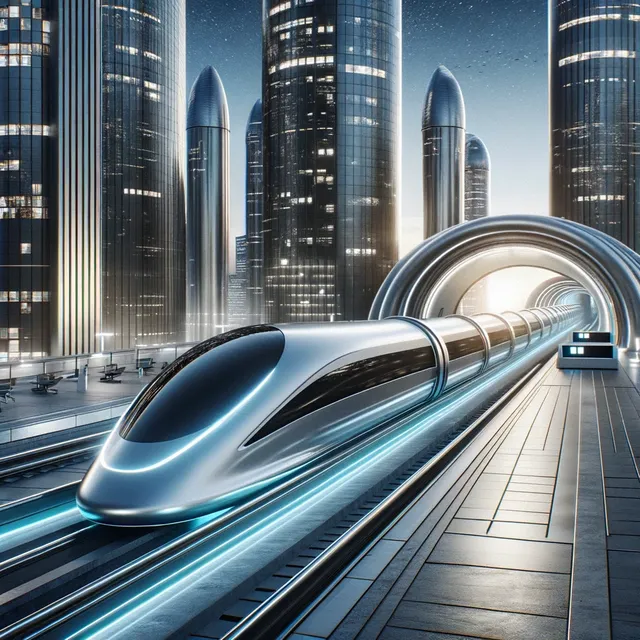As cities continue to grow and evolve, the demand for efficient, sustainable, and convenient modes of transportation becomes increasingly critical. The future of urban transportation is poised to undergo transformative changes, propelled by advancements in technology, environmental considerations, and shifts in human behavior. This article explores the innovations that are set to redefine urban mobility.
Autonomous Vehicles
The advent of autonomous vehicles (AVs) promises to revolutionize urban transportation. These self-driving cars and buses are equipped with advanced sensors and AI algorithms that can navigate through city streets with remarkable precision.

Electric Mobility
Electric vehicles (EVs) are at the forefront of the shift towards more sustainable transportation. Beyond personal cars, electric bikes, scooters, and buses are becoming more prevalent in urban landscapes, offering cleaner alternatives to fossil fuels.

Hyperloop and High-Speed Rail
High-speed rail systems, including the visionary Hyperloop, aim to drastically reduce travel times between cities. By traveling through vacuum tubes or on magnetically levitated tracks, these trains could connect urban centers in minutes rather than hours.

Urban Air Mobility (UAM)
Urban Air Mobility envisions a future where drones and VTOL (Vertical Take-Off and Landing) aircraft provide personal and public transportation, bypassing ground traffic and dramatically reducing commute times.
%20with%20drones%20and%20VTOL%20(Vertical%20Take-Off%20and%20Landing)%20aircraft%20seamlessly%20integrating%20into%20t.webp)
Smart Infrastructure
The backbone of future urban transportation lies in smart infrastructure. Intelligent traffic systems, real-time data analytics, and interconnected networks will optimize traffic flow, improve safety, and enhance the overall travel experience.
Conclusion
In conclusion, the landscape of urban transportation is on the brink of a transformative era, marked by groundbreaking advancements in technology and a renewed commitment to sustainability. From the seamless integration of autonomous vehicles and the expansion of electric mobility options to the development of high-speed transportation systems like the Hyperloop and the advent of Urban Air Mobility, the future promises a radical shift in how we navigate our cities. Moreover, the foundation of these innovations—smart infrastructure—will ensure that this transition not only enhances efficiency and safety but also contributes to the creation of more sustainable and livable urban environments. As we stand at the cusp of these exciting developments, it's clear that the journey towards the future of urban transportation is not just about reaching our destinations faster or more comfortably, but about reshaping the very fabric of urban life for generations to come.